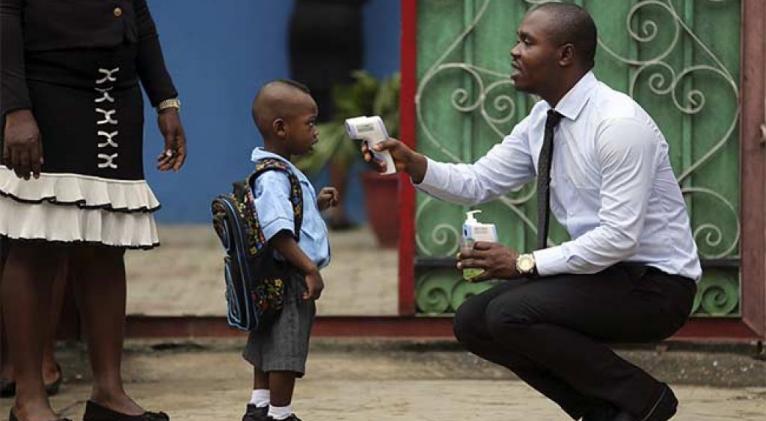Ebola Drug Trials to be Fast-Tracked in West Africa
especiales

Announcing a 3.2 million pound ($5.25 million) grant for the work, the global health charity said the money would "enable multiple partners around the world to quickly establish clinical trials at existing Ebola treatment centres".
An Ebola epidemic in West Africa has killed more than 2,800 people since it began in Guinea earlier this year, and the World Health Organisation (WHO) has said up to 20,000 people could be affected before it is brought under control.
The outbreak of the virus, one of the most virulent infectious diseases known in humans, has been declared a threat to international peace and security by the UN Security Council and prompted demands for an urgent response.
In August a WHO expert panel unanimously concluded that in such exceptional circumstances it would be ethical to deploy and test unregistered experimental treatments on people with Ebola.
"It is a huge challenge to carry out clinical trials under such difficult conditions, but ultimately this is the only way we will ever find out whether any new Ebola treatments actually work," said Jeremy Farrar, the Wellcome Trust's director.
"What's more, rapid trials, followed by large-scale manufacturing and distribution of any effective treatments, might produce medicines that could be used in this epidemic."
The Wellcome Trust said several potential drugs are under consideration and a group of independent experts appointed by WHO is working to recommend which to prioritise based on factors such as which is likely to work best, their availability, the ability to give them safely, and whether they can be manufactured to a useful scale.
It said various pharma companies including Mapp, Sarepta, and Tekmira were working with the initiative and providing data on efficacy, safety, and production abilities for a number of the experimental treatments.
Mapp Pharmaceutical's experimental drug ZMapp has already been used to treat several Ebola patients who have since recovered, but doctors cannot say for sure whether the drug helped them or whether they would have recovered anyway.
The Ebola virus has killed about 50 percent of those infected in the current epidemic.
The Canadian drugmaker Tekmira said on Monday that U.S. and Canadian regulators had authorised the use of its Ebola treatment in patients who have confirmed or suspected infections.
The Wellcome Trust said that while waiting for the WHO recommendations on which products should be tested in West Africa first, scientists would immediately start working with researchers and doctors in some of the affected countries to assess potentially suitable sites and set up the infrastructure, staffing and systems for the clinical trials, it added.
"In essence we need straightforward clinical trials, as for any drug for any disease, but new ways of working will be needed to provide rapid and reliable answers," said Peter Horby, an associate professor of infectious diseases and global health at Britain's University of Oxford who will help lead the work.
"The Ebola situation in West Africa is an ongoing tragedy of immense proportions and we urgently need to know whether any of these investigational treatments can save lives.".













Add new comment